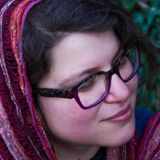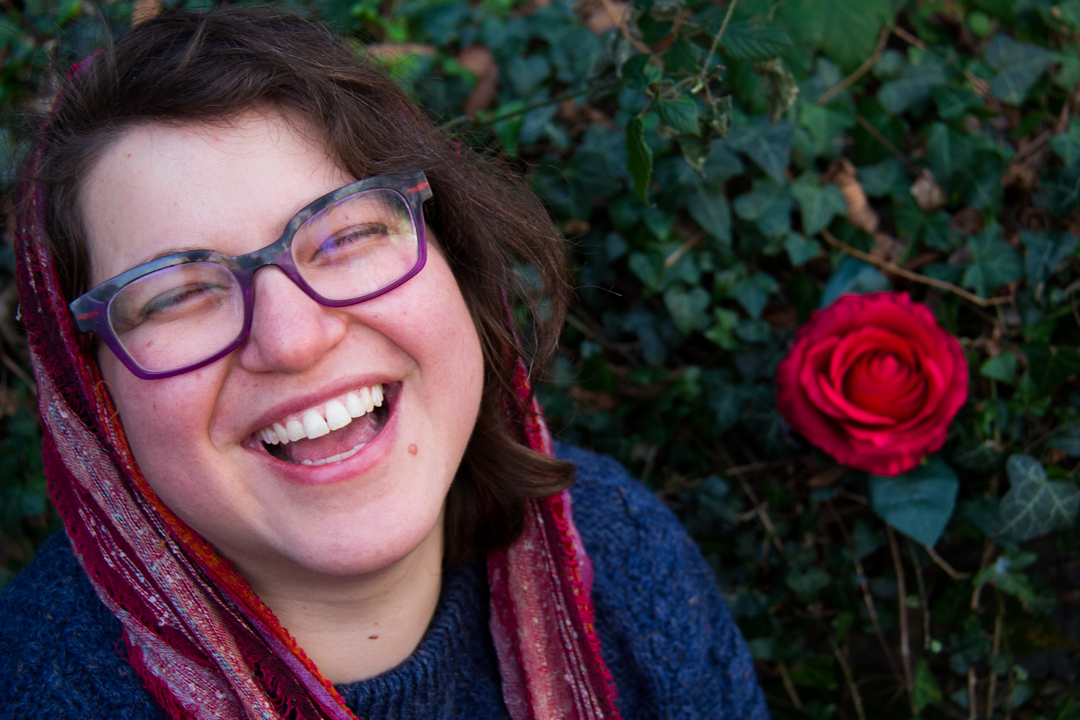Entertainment magazines and vegan websites LOVE to publish articles such as 30 Celebrities you didn’t know were vegan, Vegan celebrities who are inspiring us to adopt a vegan diet in 2020, and 51 Celebrities who are vegan for life. So, we present to you JVS’s equivalent – Biblical celebrities you didn’t know were vegan.
If you were reading our site around Purim, you probably already read about Queen Esther’s vegan diet, and how the Jewish Queen of Persia might have chosen a diet of plants and seeds when she was in the Palace. This, of course, was the best way to make sure that she was able to keep kosher in a non-Jewish space. Queen Esther was in good company. The same text, Megillah 13a, links Queen Esther’s practices to those of Daniel. Yes, Daniel as in Daniel of the lion’s den. Daniel is one of the Judahite men taken into the service of King Nebuchadnezzar when he conquers Jerusalem; Daniel is made to work as the King’s scribe. One of the first challenges Daniel faces is what to eat while he’s taken into the service of the King. “Daniel resolved not to defile himself with the king’s food or the wine he drank, so he sought permission of the chief officer not to defile himself (that is, eat food that wouldn’t have been okay for him to eat)” (Daniel 1:8).
The episode that follows is probably one that resonates with many vegans of today. The king’s officer, who takes a liking to Daniel, worries that “my lord the king, who allotted food and drink to you, will notice that you look out of sorts, unlike the other youths of your age” (Daniel 1:10). Sounds a bit to me like an ancient version of, “But where will you get your protein?!” Daniel, like any good vegan, asks the guard who the officer has placed over them to give himself and his friends a plant-based diet and then to see how their health compares with those in their age bracket. “Please test your servants for 10 days, giving us legumes to eat and water to drink. Then compare our appearance with that of the youths who eat of the king’s food” (Daniel 1:12-13). It turns out that after only 10 days, Daniel and his friends already look way healthier than their meat-eating colleagues: “they looked better and healthier than all the youths who were eating of the king’s food” (Daniel 1:15). Daniel and his vegan pals win their argument, and the guard becomes their ally, removing their food and giving them legumes instead.
The other famous vegans of the Bible are the first humans, Adam and Eve. In Genesis 1:29, G-d/dess tells them: “See, I give you every seed-bearing plant that is upon all the earth, and every tree that has seed-bearing fruit; they shall be yours for food.” The medieval French commentator, Rashi, clarifies: “Scripture places cattle and beasts on a level with them (human beings: that is, it places all alike in the same category) with regard to food, and did not permit Adam to kill any creature and eat its flesh, but all alike were to eat herbs.” In Rashi’s reading of this verse, in the Garden of Eden, all animal life, including humans, was equal, and therefore humans did not eat animals, Adam and Eve ate only plants. Meat-eating, Rashi continues, is only an idea that gets introduced after Noah and his family survive the flood. So we can also safely assume that any Biblical characters we read about prior to Noah were also vegan, including Methuselah, who lived for a whopping 969 years and is the oldest character recorded in the Hebrew scriptures. Who knows, maybe it was the vegan food?
I’ve often encountered the misconception that Judaism and veganism simply aren’t compatible. However, so many of our Biblical ancestors beg to differ. Contemporary Jewish vegans are standing on the shoulders of Esther, Daniel, Eve, Adam and more.
*

Kohenet Yael Tischler is a ritual-weaver, Jewish educator and song leader. She is the co-founder of Yelala, a constellation of work that celebrates Earth-centred, feminist Jewish spirituality and reclaims the practices of our women/femme and folk ancestors. She holds an MA in Writing for Young People from Bath Spa University, a BA in English Literature from Columbia University and a BA in Tanakh (Bible) from the Jewish Theological Seminary.


















